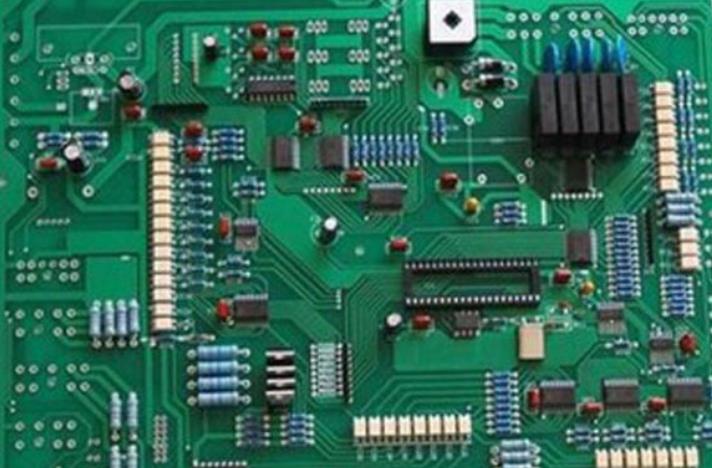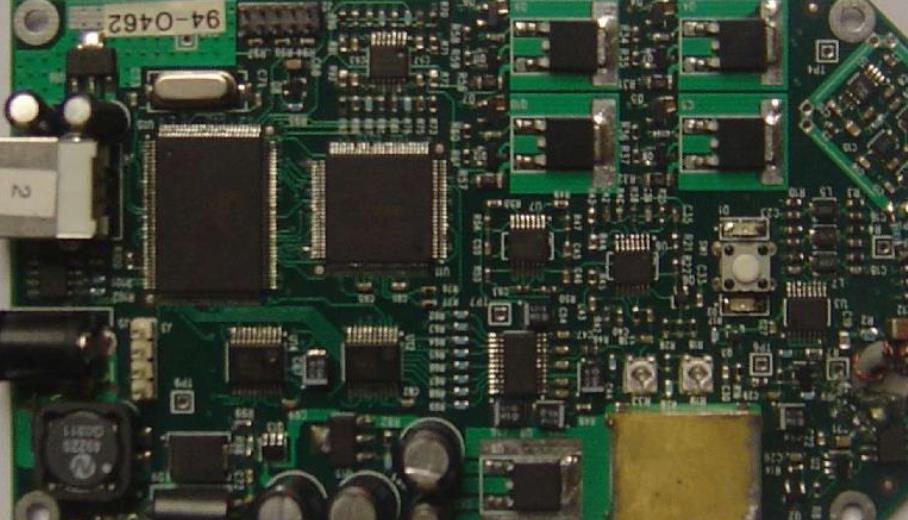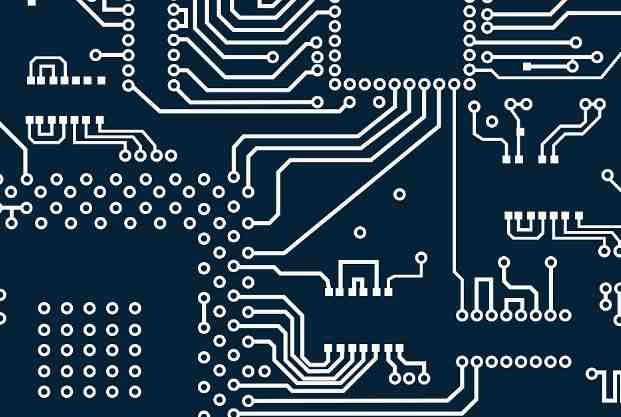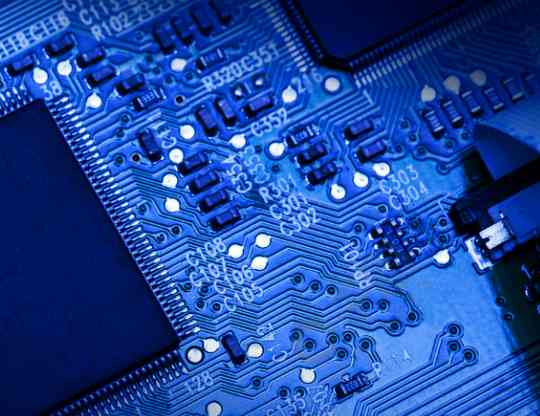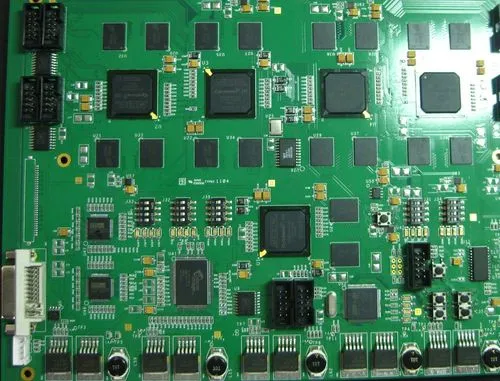
Manufacturing cost has always been a major concern of OEMs. The SMT price includes the materials needed to make them, the components installed on them, and the expertise needed to make them reliable and safe. In this article, we will analyze the cost decomposition of SMT price so that our customers can make more intelligent decisions.
Factors affecting SMT price
Mechanical dimension is still one of the main limiting factors in PCB design. This is because the physical size of the circuit board determines the number of layers in the PCB. The complexity of the circuit and the size of the components used are also factors that determine the size of the circuit board.

The selection of components and the physical size of the circuit board affect the production process. For example, the type of component determines the pass size. It may be simpler and cheaper to manufacture PCB large through-hole, but fine pitch and high-density components usually require micro through-hole. In order to improve the integrity of the drilling process, manufacturers may prefer to change the through-hole size throughout the board.
Other constraints, such as production schedule and quantity, also affect the final price of SMT processing. Optimizing the manufacturing process usually requires designers to carry out various processes, such as design for assembly, design for manufacturing, design for testing, and so on. Although all these contribute to improving the reliability, safety and manufacturing process involved in the SMT manufacturing process, they also contribute to its final cost.
Conforming to DFA and DFM standards ensures that the PCB complies with the manufacturer's physical layout guidelines and capabilities while meeting cost requirements. For example, DFA determines that stackup and trace width conform to design rules. DFM improves collaboration between manufacturing and design teams for circuit board design.
The above factors determine the overall dimensions and physical dimensions of PCB. The application of printed circuit board also helps to determine the final size of the circuit board. For control applications and high-power design, the actual size of the circuit board may not be a key factor, but it is undoubtedly a factor for wearable devices that need the best surface area of PCB.
Miniature circuit boards may be more expensive due to higher tolerances, handling and tooling issues involved in the design and manufacturing process. Smaller plates need to be handled carefully during fabrication to achieve the permissible tolerances. In order to properly manufacture and assemble small panels, manufacturers may need to design and manufacture custom jigs and fixtures. For example, flexible PCBs need to be supported during manufacturing and assembly to minimize the stress on them.
SMT price breakdown
Number of layers and plate size:
Printed circuit board manufacturers use a wide range of substrate material sizes. Typically, substrates range from 14 x 18 inches to 24 x 30 inches. Usually 16 x 18, 18 x 21, 18 x 24, 21 x 24, and 24 x 30 inches are used for product lifting. These cover most applications where large circuit boards are required. For 18 x 24 size panels, the usable area is 16 x 22 inches.
Board Utility.jpg
We recommend that our customers use the entire space for their circuits. This is because when they use only one part of the board, they are wasting the rest, and the cost is the same. A larger circuit board is always more expensive, so customers must ensure that their design fits the panel size.
The more copper layers, the higher the production cost of PCB. A complex PCB design must use multiple through holes to connect different layers, which will increase the cost.
board:
For specific circuit board characteristics, such as high thermal conductivity, high Tg, and low dielectric constant, the cost will rise. However, your contract manufacturer may have other brands of PCB materials that provide similar performance.
It is recommended to use PCB materials of alternative brands according to the PCB properties you require in the BOM. This gives manufacturers greater flexibility.
Components in BOM:
When one-stop SMT chip processing service is selected, the contract manufacturer will provide some or all parts. For passive components, we want customers to specify their required specifications and allow us to use components from other manufacturers.
Manufacturers maintain an inventory of components that can be supplied at lower prices. In this way, when customers allow them to use the same or better products in the BOM, they can use the components in the inventory. They usually purchase large quantities from reputable suppliers and pass on the price advantage to customers. It may be more expensive to purchase parts specifically for assembly.
Whether designers use SMT or through hole SMT price type components is also a factor in determining its price. Most companies now mass produce SMT components, which makes them much cheaper than through-hole components.
Using through hole components requires drilling multiple times on the PCB for each component. Pcb drilling technology increases the cost, and the hole reduces the reliability of the circuit board. In addition, the existence of through holes reduces the available channels for wiring, which makes the complex circuit board larger. Welding through hole components requires wave soldering, which is a more expensive technology.


